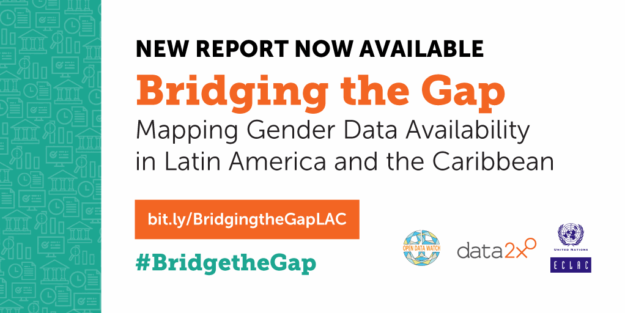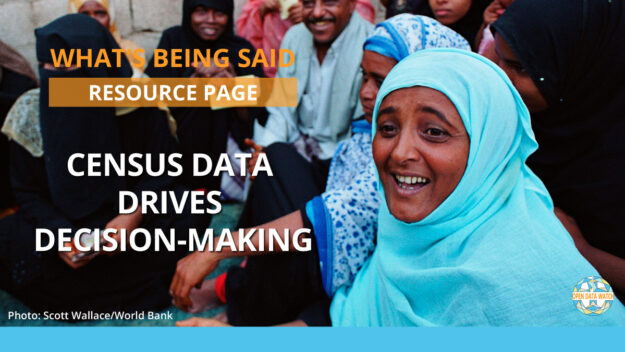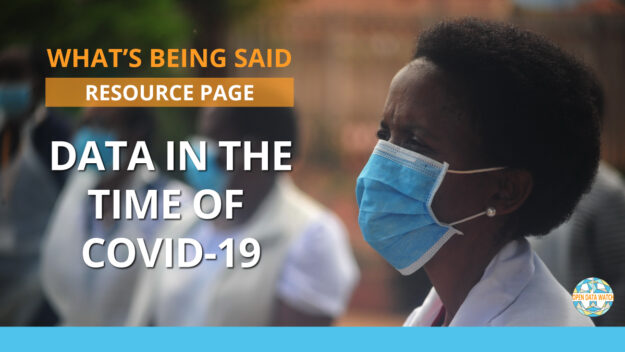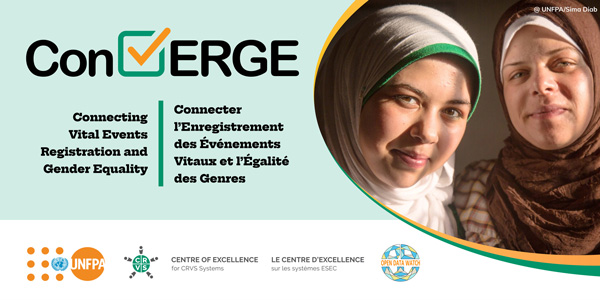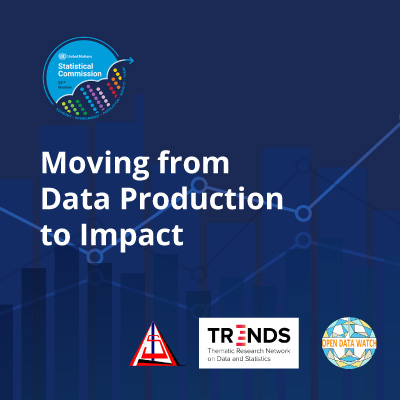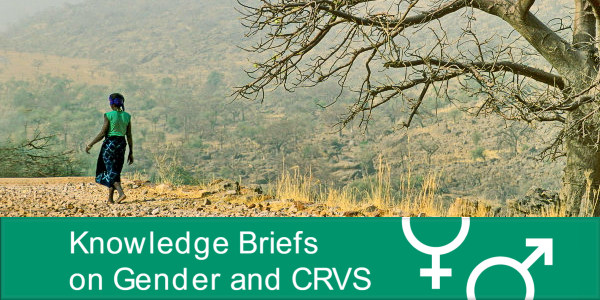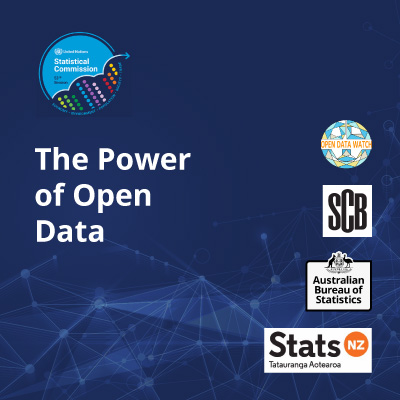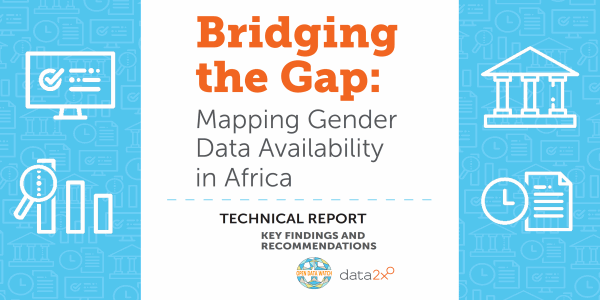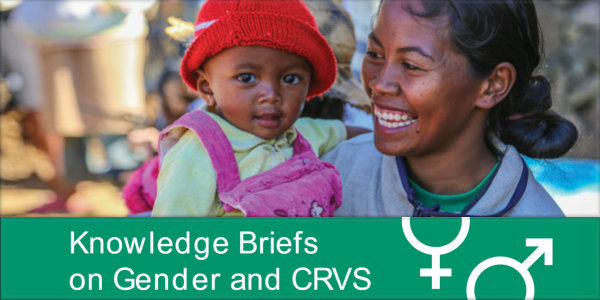Open Data Watch is an international non-profit, non-governmental organization that works at the intersection of open data and official statistics. It monitors the accessibility and comprehensiveness of official data in over 180 countries and provides practical information and assistance in implementing open data policies and systems. The Open Data Watch team has unparalleled experience in development data and is committed to making open data a global reality in support of Sustainable Development Goals.
Building on the Africa report, this new report examines 93 gender indicators in Latin America and the Caribbean. Looking at gender data availability and impact, the report provides data for policymakers on the status, welfare and opportunities for women and girls in the region.
Census data not only provide a count of people in a country, but also information on variables like gender, ethnicity, and income. To better understand the impact of census data on government revenue, political representation, and public programs such as response to the current pandemic, ODW has collected key articles and resources in this special edition.
The current COVID-19 pandemic raises important questions about opening, sharing and using data. Learn about available datasets, dashboards, visualizations, and relevant articles on how to understand and use data to fight the spread of COVID-19 via this special edition of What’s Being Said. It is updated regularly as new items become available.
With ODW and UNFPA, the Centre of Excellence for CRVS Systems at IDRC co-hosted ConVERGE: Connecting Vital Events Registration and Gender Equality – a two-day conference to inspire global commitment to integrating gender analysis to strengthen CRVS systems. Watch the proceedings. and read the conference Outcome Report.
This set of 15 country profiles is a resource for addressing gender data gaps in Africa. Presenting findings in connection with the Bridging the Gap report, the profiles provide country-specific information and highlight opportunities in each country to strengthen the availability and quality of data for 104 gender-relevant indicators.
A UN Statistical Commission event, “Moving from Data Production to Impact” discusses the role of NSOs in facilitating greater data use and avoiding “data graveyards.”
The latest Knowledge Brief in this series looks at specific barriers, solutions and actions for strengthening civil registration and vital statistics. Published quarterly by The Centre of Excellence for CRVS Systems in partnership with ODW, the series offers in-depth case studies and unpacks structural, political and social factors impacting gender data gaps, social protection, legal frameworks, and rights protections for women and girls.
A UN Statistical Commission event, “The Power of Open Data: Moving from Concept to Action,” reports on the latest best practices for NSOs to implement open data, including “Open Data by Default,” Interoperability, and local-level data sharing that safeguards confidentiality and privacy.
How to understand, identify, and respond to the challenge of producing policy-relevant data about the lives of women and girls? The data landscape has dramatically changed in the five years since the first Bridging the Gap report. To assess practical realities, this edition takes a deep dive into the details of data availability about women and girls in 15 countries in sub-Saharan Africa.
This series of knowledge briefs looks at gender bias and barriers in civil registration and vital statistics. Published quarterly in 2019 by The Centre of Excellence for CRVS Systems in partnership with ODW, 12 papers in the 3 briefs will offer in-depth case studies, findings, and recommendations on gender data gaps, social protection, legal frameworks, and rights protections for women and girls.


